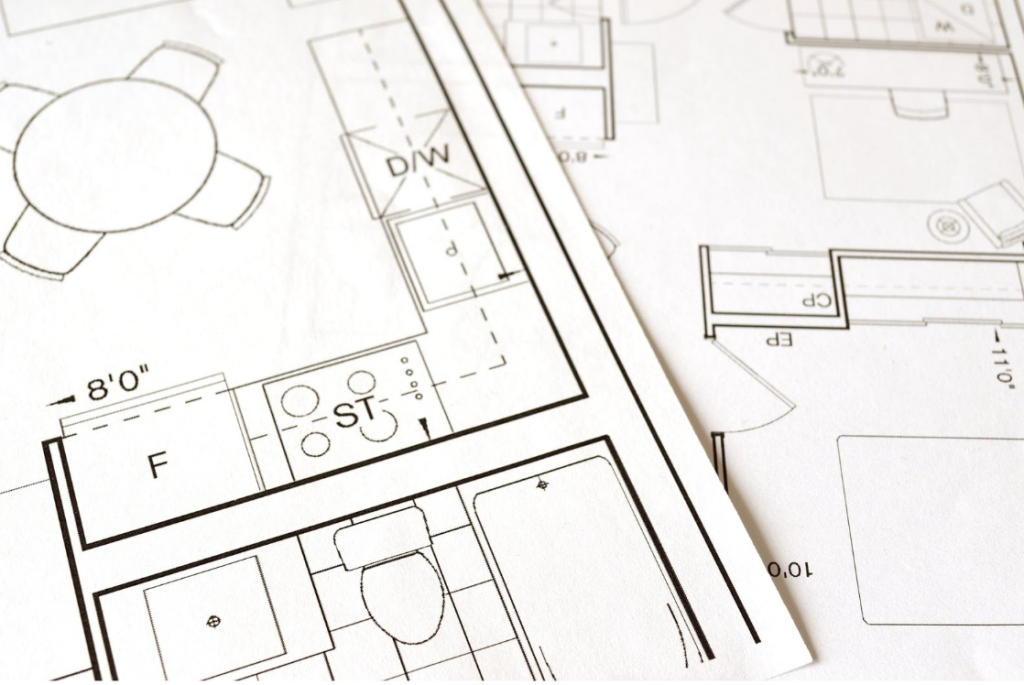So, you’re considering buying a home! While this is an extremely exciting journey that you’re about to embark on, it’s inevitably going to be a costly one. House prices have skyrocketed in the past few decades and while your grandparents may well have been able to buy a property outright with a couple of years’ accumulated disposable income, you’re going to be in for a much longer journey when it comes to covering the costs and eventually becoming the outright owner of a property. But don’t let this put you off. Buying a house is still the most financially logical decision to make. At the end of the day, renting may be simple and appear to be lower cost up front due to the smaller deposits required, the process basically means that you’re paying someone else’s mortgage for them and buying the property on their behalf. So, how can you make purchasing a home as affordable a venture as possible? There are a few steps that you can take to significantly cut costs. Here are a couple for you to consider both before starting out and throughout the process of purchasing a property!
Choosing the Right Percentage Deposit
The first step towards getting yourself on the property ladder is going to be saving a deposit to place down on a house that you intend to buy. Now, many people will ask exactly how much they will need to save to gather a deposit together. But there is not set answer to this question. Generally speaking, deposits are formulated by working out a given percentage of the given property’s overall value. To make things a little more confusing? There is no standard amount that you need to save before you have a deposit. The expected amount will vary on the overall price of the property you’re looking at. The more expensive the property, the larger the deposit will usually have to be. Generally speaking, you should aim to save up 20% of the overall property price. Nowadays, however, with increasing numbers of people finding difficulties in getting on the first rung of the property ladder, the presence of 90%, 95%, and even 100% mortgages on the market are on the rise. This means that you’d require no deposit, or only have to gather up a 5% or 10% deposit. These are definitely options that you should take into consideration. If a lower deposit is the only option for you, take it. However, it’s always good to bear in mind that the larger the deposit you put down, the smaller your subsequent repayments will have to be. So, wherever possible you should attempt to save for longer and put down a larger deposit. This could result in you paying off the overall value of the property in a shorter period of time, and will mean you fork out less on interest in the long run.
Using an Experienced Mortgage Broker
Once you’ve got your deposit saved, you can start taking a serious look at the properties available on the market. This is where your house buying journey really begins. Now, every mortgage is going to come with a percentage of interest that you will have to pay on top of the overall cost of the property. You want this percentage to be as low as possible. After all, you’re not gaining anything extra from paying interest – this is simply going into the pockets of the lenders who have given you the money to secure the property. Now, to gain the best interest rates possible, you should collaborate with an experienced mortgage broker. A mortgage broker’s role is to strike up deals between you and mortgage lenders. They will negotiate the terms and conditions of your contract and barter for better interest rates. As competition in the field is extremely fierce, most lenders (with the right persuasion) will drop their interest rates in order to secure your custom. They don’t want you to walk into the arms of their competitors! Now, we place emphasis on using an experienced mortgage broker, because the brokers who have been operating in their profession successfully for the longest are bound to have fostered positive working relationships with some of the biggest lenders out there. They can use these professional relationships and the trust that they have built to pull strings and get you the best deal possible.
Consider BTO Properties
Now, when most of us head out into the housing marketplace, we tend to look at the properties that are available for purchase right now. We choose homes that are either currently occupied and will be vacated upon our purchase, or brand new properties that are waiting for someone to immediately move into them. This makes sense. It allows you to view the property and decide whether it is for you or not. It also means that you can move in as soon as your deposit has been put down and your mortgage has been approved. However, you can save a whole lot of money by investing in a BTO property. BTO properties are “built to order” properties. When you put a bid in for a BTO property, you are showing interest in a property that doesn’t exist yet. Instead, it is a property that will be built into existence if 50% or more of the properties in the contract are purchased. If others don’t invest, you don’t lose out. However, if they do, you could find yourself becoming the owner of a brand new property at a low price. If this sounds good to you, make sure to research everything pertaining to hdb bto 2018. Being up to date with all of the relevant information will ensure that you get first bids in on properties to be built in desirable areas!
Consider Remortgaging Options
When you’ve found a property and are signing up for your mortgage, make sure to read through the entire contract extremely carefully. So many people skim through the terms and conditions, which is absolutely bizarre considering that this is perhaps the biggest contract that you will tie yourself into throughout your entire life. You should always take extra care to read any clauses regarding remortgaging. You should always keep remortgaging open as an option. Considering it takes on average twenty five years for someone to pay off their entire mortgage, chances are that interest rates and offers are going to change significantly during this period. If you were to come across a mortgage lender who is offering a significantly improved rate, you’re not going to want to be stuck completely in your initial contract. After all, you could be getting a better offer and paying out a whole lot less elsewhere. This is where remortgaging comes into play. If you feel that you are paying excessive amounts of interest on your current mortgage, you can shift the loan to another lender without having to move or renew your entire agreement. Remortgaging is the simple transfer of the money you owe from your initial lender to a preferable lender. So, make sure that your contract allows for opportunities such as this.
These are just a few different ways to save yourself money when purchasing a house. However, they can prove significantly beneficial to your bank balance. So bear them in mind at all times. Sure, you may have to work a little harder to bring them into play, but the results will be more than worth your time and effort.





